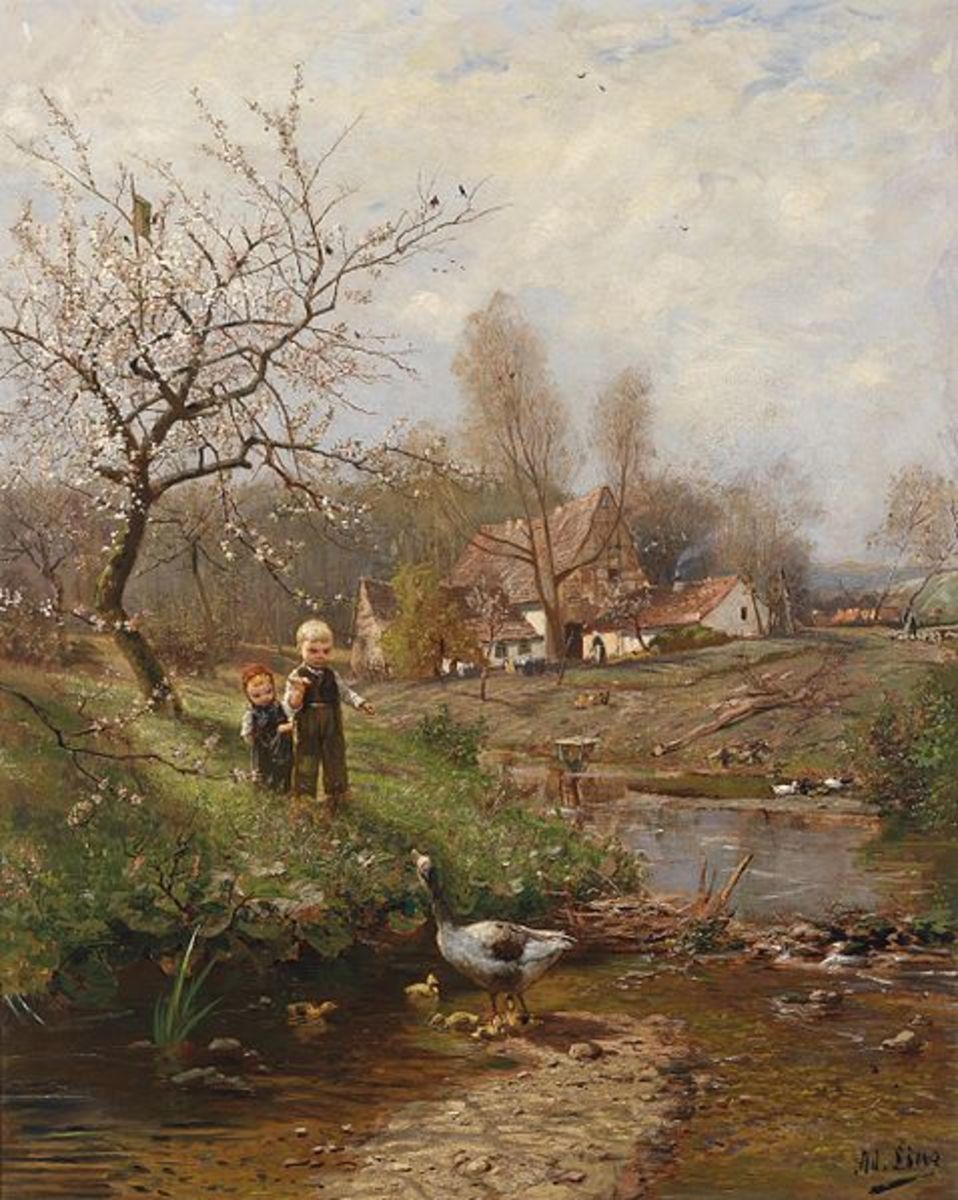Legal highs and journalistic lows

The news media has always had a habit of getting highly excited over things that engage their readers in a ‘shock/horror’ reaction. The old adage, If it bleeds it leads is an example of where sensationalism is chosen over accuracy in many cases.
That which appeals to the readers’ more prurient interests has been the staple of many a trashy rag and has also featured prominently in many publications that should know better.
As the economic belt tightens still further and media companies make cutbacks on staff, journalists often find themselves required to do more and more to fill column inches in their papers and thus have to cut corners in the process. Time constraints arise because they have fewer staff to write the copy and so the majority of the work is done from the comfort of the newsroom rather than sending reporters out to actually interview people in person.
This leads to an increasing number of press releases and thinly disguised advertorials filling space that should contain actual stories about issues the readers would find useful. Little if any attempt is made to contact the writers of press releases and ask pertinent questions that might challenge their version of the truth and advertorials are simply given a minor tweak to appear like they actually contain some valuable and newsworthy information.
This whole approach creates the perfect environment for lazy journalism and there is nothing better for a lazy journalist to seize hold of than the ‘disease of the week’ or the latest ‘scourge of our young people’. There is always something like this that has become a bee in the bonnet of your local copper or populist MP.
These are the sorts of issues that will galvanise popular opinion with little argument as long as they are presented in as shocking way as possible and hammered by either the cops or a local MP looking for a populist platform. Everyone thinks Armageddon is –a-coming when they are presented with a scenario that involves youngsters going off the rails with no hope of being saved. Once a few local bores have taken one of these issues up it is then latched onto by every lazy journo in the land and flogged to death in true shock/horror style.
A current example is the legal highs debate. Every paper in the land appears to be printing editorials and stories about how “K2 ruined my life” and other such tales. (Don’t worry; the irony that I am writing this is not entirely lost on me).
For those of us over a certain age this all has a dreadfully familiar ring about it. We can remember almost identical rants and breathless tales about illegal substances such as LSD and cannabis.
I have no argument that chemical compounds such as K2 are almost certainly not good for you. I am sure they also make some people ill. I won’t even mention the fact that they exist because other substances are illegal and no matter what we might like, people will always take drugs to get high. They always have and they always will. How we deal with it is what can make a difference to the consequences. However I do have several fundamental problems with the stories and editorials it has been my displeasure to read on this subject.
In the first place most of these stories are similar to such an extent that it is downright creepy. They usually tell the tale of some person who has been ‘in the grip’ of one of these formulations and who did horrific things as a result. The subject is painted as if the person was actually being manipulated by the substance and lost all of their free will. Some of them even attempt to tell us they were not bad people. These ‘testimonies’ are usually backed up with quotes from interested parties who of course confirm what top-notch fellers these poor unfortunates were before the evil substance took them over. Talk about Invasion of the Body-Snatchers!
The minute I read a story like this I am already starting to pick away at the loose threads that are trailing out from it like a poorly finished seam. This whole attitude that we can be taken over by a simple substance and act in ways foreign to our nature just doesn’t wash with me. It is symptomatic of our PC society where we don’t believe anyone can do any wrong and we mustn’t tell people when they have done wrong lest we hurt their feelings.
Unfortunately as a nation we have been making excuses or allowing others to make their own excuses for poor behaviour for many years. How many times have you heard people say, It was the drink that made him do it? And how many times have you read of a judge favourably taking into account someone’s intoxication when deciding their penalty, as if it wasn’t really their fault?
I believe we are what we are and sometimes we behave badly. All of us have the potential to behave badly but most of us choose not to most of the time. I believe for example that a violent drunk is actually a violent person who merely feels less frightened about showing their violent side once they are pissed. They are not a perfectly nice non-violent person who is taken over by the grog and forced to do something that is completely against their nature. In short; if you know the difference between right and wrong, then you have the ability to choose which of those you practice.
A recent example of such a ‘story’ appeared in a paper I shall refer to as The Waste of Times. Locals in my hometown will know who I mean. It told the tale of someone who had committed an armed robbery and who wanted to blame his use of legal highs for this. The way it was told, he was going to see his girlfriend and on the way to see her spontaneously whipped into a store and held them up with a pistol. Further into the story he told us he was shocked at what he had done and that he wasn’t a violent person. Pretty incredible stuff for a non-violent person to just happen to be carrying a pistol at the time!
I have also spotted another more sinister side to these stories lately which actually has the potential (perversely) to promote K2. At least two stories I have seen lately have contained ridiculous claims about people who had smoked the stuff, believing they could fly and attempting to jump off buildings.
These are the very same claims that appeared in stories about LSD in the 1960s and also about cannabis even earlier than that in the ‘reefer madness’ era. Those originals had no more truth to them than I am sure the latest versions do. Rubbish like that is the stuff of some very old urban myths and has no place in a story that one presumes has been written to warn of the dangers of K2 or any similar substance.
The trouble with this sort of ridiculous scaremongering is that when you get found out your whole pitch goes for a burton. If you want to stop kids or anyone else from smoking K2 or taking party pills, then you need to make sure your stories don’t contain whoppers like that or they won’t believe a word you say.
But what really gets me going about seeing my paper full of stories about legal highs and the government’s shambolic efforts to deal with them is the fact that there are lots of important issues out there that are not getting covered properly.
For example:
- How much real coverage have we had of the Trans Pacific Partnership Agreement which has been negotiated in secret and could affect our ability to make our own regulations in many different fields?
- How much scrutiny have the mining companies that are hoping to pillage our land been subjected to or for that matter how much close scrutiny has there been of their relationships with our government?
- Why are we not requiring food items that contain GMO’s to be labelled?
- Why don’t we require country of origin labelling?
- Why are our politicians allowed to withhold important information from official investigations?
- Why are the judiciary not handing out appropriate penalties for drink drivers?
The list goes on and on. So why do our newspapers allow themselves to be dragged off task and get bogged down with rubbish that simply tell a lobbyist’s tale about something that will affect few of their readers rather than inform the public about things that actually affect most of them on a daily basis?
Are they really that lazy or are they moving ever closer to becoming an organ of the state? Maybe we should look at the relationship between some of the big newspapers and the Government?






